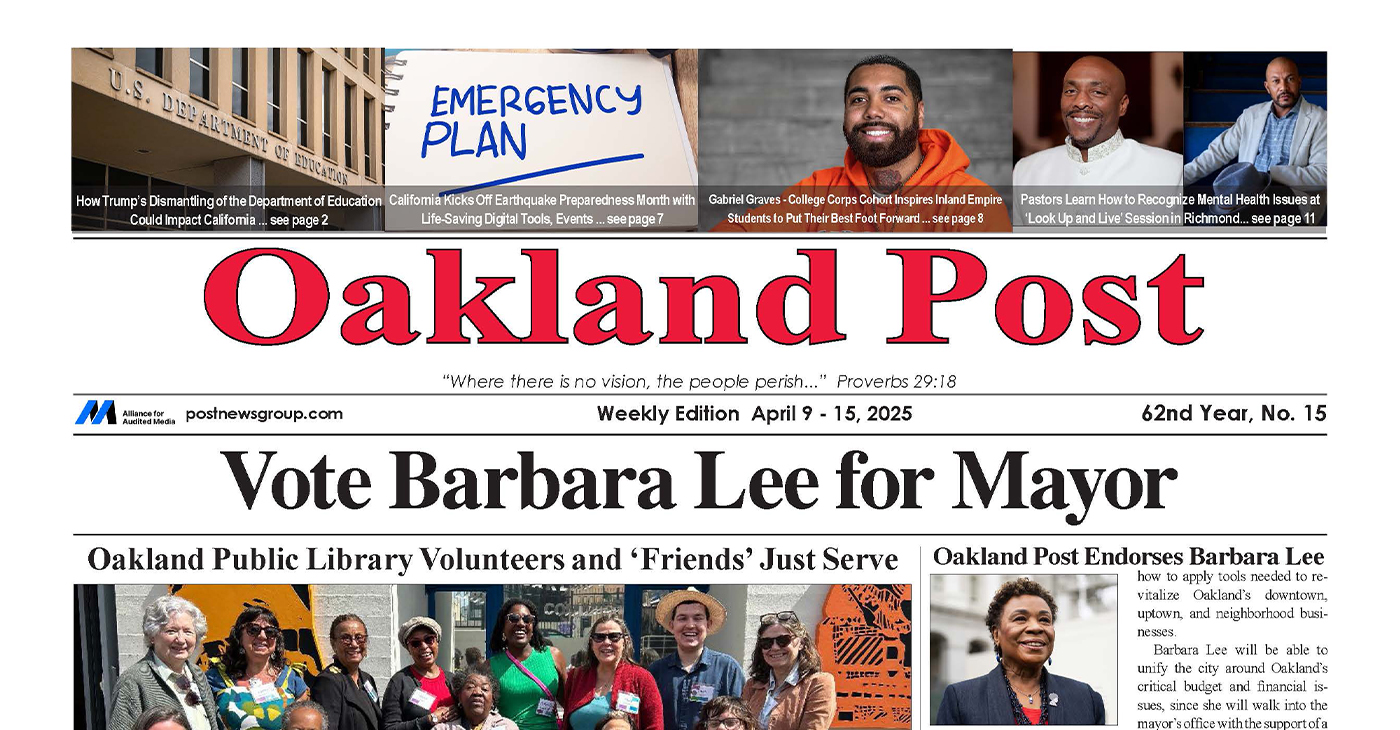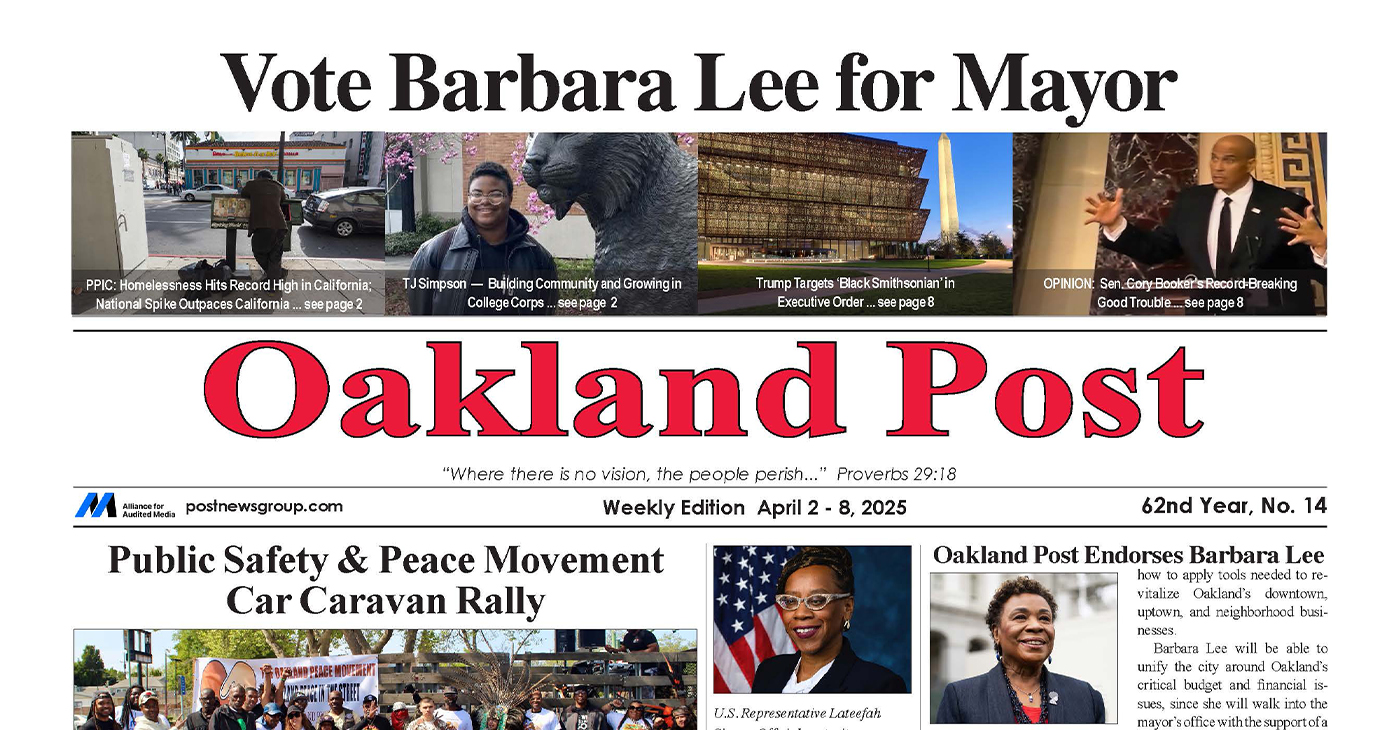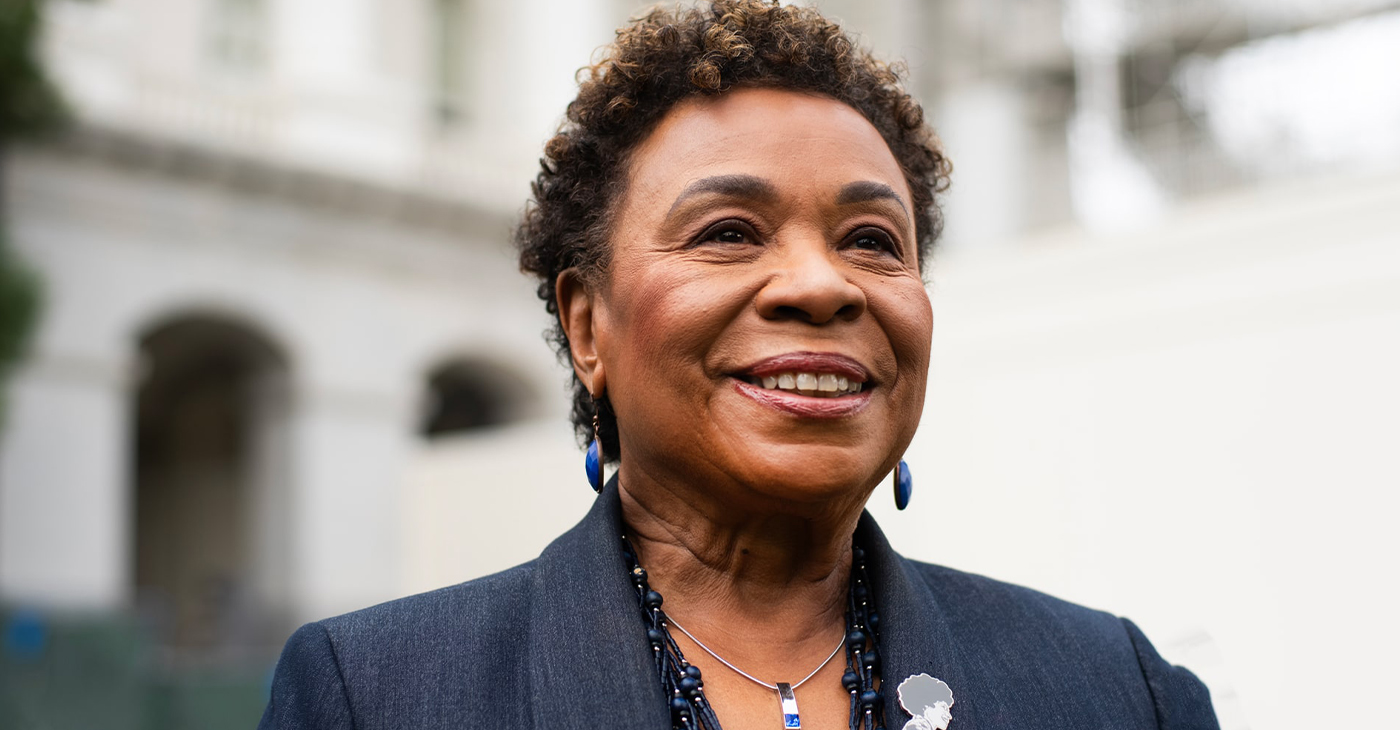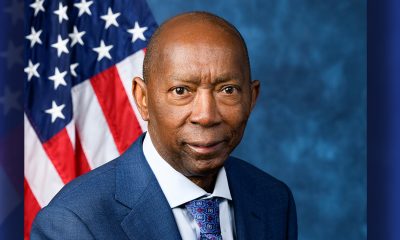Black History
Antioch Missionary Baptist Church, 1866 – 2019
HOUSTON FORWARD TIMES — The historic Antioch Missionary Baptist Church, will celebrate 153 years of ministry and service to the community
By Jeffery L. Boney
As we celebrate Black History Month during the month of February, it is fitting that the Forward Times highlights one of Houston’s oldest Black institutions.
This upcoming Sunday, February 24, 2019, the historic Antioch Missionary Baptist Church, will celebrate 153 years of ministry and service to the community, and the entire Greater Houston will have an opportunity to participate in this grand occasion. Antioch is located near downtown Houston at 500 Clay Street. Parking validation tickets will be available for those who attend.
Antioch’s new Senior Pastor, John F. Johnson, has invited Rev. Manson B. Johnson of Holman Street Baptist Church to serve as the guest minister for the scheduled 4:00 pm worship service. Rev. Anthony Macbeth and the United Praise Chorale will lead the praise and worship, and there will be a reception of fellowship immediately following the anniversary celebration at the church. Everyone is being encouraged to wear the Antioch Missionary Baptist Church colors of red, gold, or a combination of the two.
In January of 1866 – seven months after slaves were freed in Texas on June 19, 1865 – a small group of formerly enslaved people of African descent organized the first African American Baptist Church in Houston, which is now known as Antioch Missionary Baptist Church.
Those former enslaved descendants of Africa organized that church with the assistance of First Baptist Church and several missionaries. After initially holding worship services at First Baptist Church and at German Baptist Church, those formerly enslaved Blacks began holding their worship services on Buffalo Bayou in a “Brush Arbor”, and later moved their worship services to “Baptist Hill,” located at Rusk and Bagby. They remained at “Baptist Hill” until they were able to purchase another site location.
Starting off, worship services were conducted by various ministers who traveled to different locations at stated times. However, in 1868, one of the members of Antioch, John Henry “Jack” Yates, was ordained at the first Association meeting that was held for the African American Baptist Churches, and after that first National Baptist Convention, the Rev. Jack Yates was installed as the first-ever pastor of Antioch Missionary Baptist Church.
As the membership of Antioch grew, and as additional space was needed, Rev. Yates led the church to purchase its current site and to build a brick structure. The church, located in the center of Freedman’s Town, was the center of activity for the African American community. It was the first brick structure built in the city of Houston, and it was the first one owned by African Americans in the city. Antioch provided formerly enslaved people of African descent with opportunities to not only learn about God, but the church also provided ministries to help them develop educationally, economically and socially.
The first educational opportunity for formerly enslaved people of African descent began at Antioch, as Rev. Yates began the Baptist Academy with the help of two missionaries. The Baptist Academy taught Black people basic fundamentals such as reading, writing and arithmetic. In addition to that, Antioch was instrumental in teaching Blacks various trades, which enabled Black men and women to start their own businesses. The Baptist Academy later became known as Houston College, which was the forerunner of Texas Southern University (TSU).
Other major initiatives that were strongly encouraged and supported at Antioch included economic development and recreational activities.
The Old Landmark Baptist Association of Texas was organized at Antioch. Under Rev. Yates’ leadership, members were encouraged and assisted in buying property, owning homes and businesses. The historic Emancipation Park, in conjunction with Trinity Methodist Church, was purchased by Rev. Yates and a few other Blacks, in order to provide recreational activities and allow community celebrations for Blacks, such as Juneteenth.
With the vision and support of Rev. Yates and Antioch, the first African American college in the state of Texas, Bishop College, was formed. Just as they did then, Antioch’s congregation and leaders continue to provide needed and vital services to the Houston community.
The entire community is being invited out to attend this historic church and event during the Black History Month. For additional information, please call the Antioch Missionary Baptist Church office at 713.652.0738 or visit www.ambchouston.org.
This article originally appeared in the Houston Forward Times.
Activism
Oakland Post: Week of April 9 – 15, 2025
The printed Weekly Edition of the Oakland Post: Week of April 9 – 15, 2025

To enlarge your view of this issue, use the slider, magnifying glass icon or full page icon in the lower right corner of the browser window.
Activism
Oakland Post: Week of April 2 – 8, 2025
The printed Weekly Edition of the Oakland Post: Week of April 2 – 8, 2025

To enlarge your view of this issue, use the slider, magnifying glass icon or full page icon in the lower right corner of the browser window.
Activism
Oakland Post Endorses Barbara Lee
Barbara Lee will be able to unify the city around Oakland’s critical budget and financial issues, since she will walk into the mayor’s office with the support of a super majority of seven city council members — enabling her to achieve much-needed consensus on moving Oakland into a successful future.

As we end the celebration of Women’s History Month in Oakland, we endorse Barbara Lee, a woman of demonstrated historical significance. In our opinion, she has the best chance of uniting the city and achieving our needs for affordable housing, public safety, and fiscal accountability.
As a former small business owner, Barbara Lee understands how to apply tools needed to revitalize Oakland’s downtown, uptown, and neighborhood businesses.
Barbara Lee will be able to unify the city around Oakland’s critical budget and financial issues, since she will walk into the mayor’s office with the support of a super majority of seven city council members — enabling her to achieve much-needed consensus on moving Oakland into a successful future.
It is notable that many of those who fought politically on both sides of the recent recall election battles have now laid down their weapons and become brothers and sisters in support of Barbara Lee. The Oakland Post is pleased to join them.
-

 Activism4 weeks ago
Activism4 weeks agoWe Fought on Opposite Sides of the Sheng Thao Recall. Here’s Why We’re Uniting Behind Barbara Lee for Oakland Mayor
-

 Activism4 weeks ago
Activism4 weeks agoFaith Leaders Back Barbara Lee for Mayor, Criticize Candidate Loren Taylor for Dishonest Campaigning
-

 #NNPA BlackPress4 weeks ago
#NNPA BlackPress4 weeks agoRev. Dr. Jamal Bryant’s Black Church Target Boycott Mobilizes 150,000
-

 Activism3 weeks ago
Activism3 weeks agoOakland’s Most Vulnerable Neighborhoods Are Struggling to Eat and Stay Healthy
-

 #NNPA BlackPress4 weeks ago
#NNPA BlackPress4 weeks agoRecently Approved Budget Plan Favors Wealthy, Slashes Aid to Low-Income Americans
-

 Activism2 weeks ago
Activism2 weeks agoOakland Post Endorses Barbara Lee
-

 Activism4 weeks ago
Activism4 weeks agoGroup Takes First Steps to Recall District Attorney Diana Becton
-

 Activism4 weeks ago
Activism4 weeks agoOakland Post: Week of March 19 – 25, 2025





















































